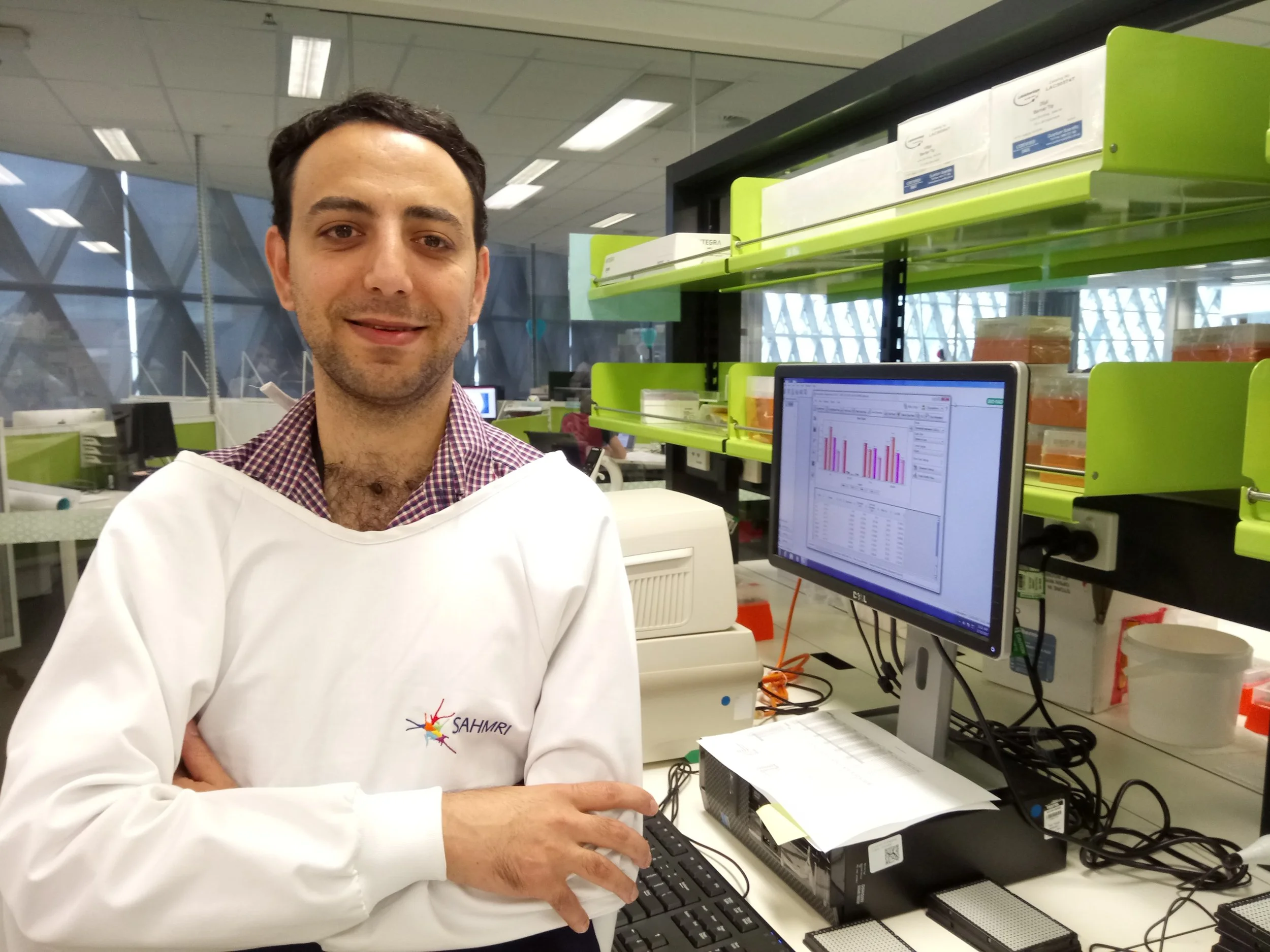Testosterone treatment to prevent or revert type 2 diabetes in men enrolled in a lifestyle programme (T4DM): a randomised, double-blind, placebo-controlled, 2-year, phase 3b trial.
Wittert G, Bracken K, Robledo KP, Grossmann M, Yeap BB, Handelsman DJ, Stuckey B, Conway A, Inder W, McLachlan R, Allan C, Jesudason D, Fui MNT, Hague W, Jenkins A, Daniel M, Gebski V, Keech A. Lancet Diabetes Endocrinol. 2021 Jan;9(1):32-45. doi: 10.1016/S2213-8587(20)30367-3.
Contact: Gary Wittert
Addressing higher burden of SARS-COV-2 infection in men
Covid-19: Spiking a focus on men's health.
Wittert G, McLachlan R.
Obes Res Clin Pract. 2020 Jul-Aug;14(4):293-294. doi: 10.1016/j.orcp.2020.08.004.
Contact: Prof Gary Wittert
Tailored invitation for men improves uptake of national colorectal cancer screening
Professor Deborah Turnbull from the Freemasons Foundation Centre for Men’s Health and the School of Psychology at the University of Adelaide has led a research collaboration with CSIRO, Flinders Centre for Innovation in Cancer, Flinders University, and Cancer Council South Australia aimed at improving men’s uptake of the Commonwealth funded colorectal cancer screening program. The results have recently been published In the journal of Social Science in Medicine.
In their study involving 9216 Australian men aged 50-74 years, they found that after applying health behaviour theories to modify the advance-notification letter (sent in advance of the testing kit arriving), men were 12% more likely to screen than those who received the standard version.
This increase in uptake is very significant. It equates to 34,414 additional men screening, 2,409 additional positive tests, 75 suspected or confirmed cancers and 207 (161 advanced, and 46 small) adenomas. Colorectal adenomas (polyps) are benign, noncancerous growths, but which may transform into cancerous lesions if they are not removed, highlighting one of the important benefits of screening and early detection.







